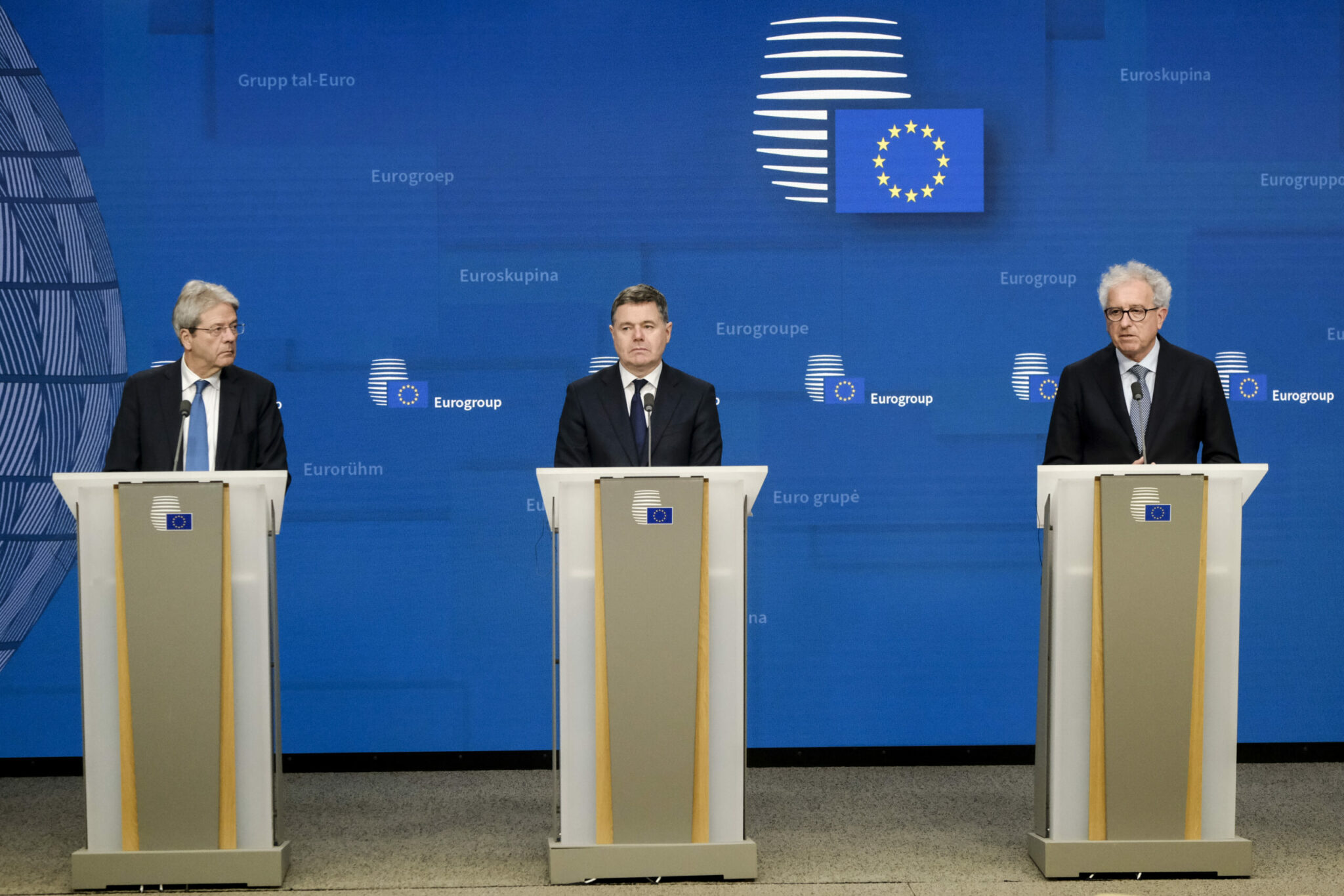Christy Ann Petit (DCU)
‘Open, well-functioning, and integrated European capital markets are crucial to promote the single market and to attract the necessary investments, and thereby to boost the EU’s global competitiveness, innovation, sustainable growth, and job creation.’ This is how the last Eurogroup in inclusive format statement starts.
Considering the financing needs in the economy, it is essential to complete, at the core of the European Financial Union, the Banking Union, and to develop the Capital Markets Union, for two main reasons: first, to raise and allocate resources efficiently in the real economy, and second, to enable the green, digital, and social transitions. This calls for a massive leap in funding and some structural changes to foster and increase private investments, next to public investments that are constrained by limited fiscal capacity. As I examined elsewhere, as a result of the Covid-19 pandemic, NextGeneration EU (NGEU) measures and related policies, including the green and digital transitions, make the Financial Union in the EU an even more compelling and pressing EU policy priority (see my recent Working Paper with the Jean Monnet Centre of Excellence REBUILD).
Last 11 March 2024, the Eurogroup met in inclusive format to discuss the future of the capital and financial markets, referred to as the Capital Markets Union (CMU), and which re-started a year ago, following a call from the Euro Summit back in March 2023. The CMU has lacked real transformative ambitions to reach a more European supervisory architecture and uniform regulatory approach (with a patchwork of rules adopted rather slowly since the 2015 CMU Action Plan and several legislative initiatives that followed, mostly conducted in silos).
The Eurogroup leaders adopted a statement on the future of the CMU on 11 March, which is meant to guide and inform the forthcoming European Parliament 10th legislative term (2024-2029) and the next European Commission’s priorities in putting forward corresponding legislative files. As usual, other EU institutions were represented, including the European Commission and the ECB, and the intergovernmental organisation, the European Stability Mechanism.
In a rather lean communication strategy, the leaders agreed on three priority areas – Architecture, Business and Citizens – already announced as the ‘ABC’ of the future of the European capital markets by Eurogroup President (and Irish Minister for Public Expenditure, National Development Plan Delivery and Reform) Paschal Donohoe earlier in February 2024. These three key areas are broken down into thirteen measures, for which the overall ambition is to reach ‘open, deep and liquid capital markets’ that will fund businesses – including SMEs, contribute to growth and offer savings, investment and pension opportunities to citizens (see the summing up letter).
What is at stake is not only our European economy in its internal dimension, but also having a real stand externally with functioning European capital markets that can compete at the global level. The internal and external dimensions are interconnected and will benefit the Single Market for Capital – still fragmented – as well as a European industrial policy fit for innovation.
Beyond the wish-list style, the political ambition seems present: turning the EU into a financial hub by integrating the capital markets into the global markets to facilitate private investment flows, including into the green and digital sectors (as per the Eurogroup statement). As Paschal Donohoe put it, it has the ‘weight’ of all the 27 Finance Ministers sitting in the inclusive format of the Eurogroup.
However, this ambition will require a major cultural shift from European firms and households – beyond the EU and Member States political impetus. In this regard, the ongoing financial literacy programmes across the EU should be increased in capacity and reach.
If we take one step into the more technical directions, some of the policy objectives are not new: cross-border diversification of risks, consistent regulation and convergent supervision, securitisation markets, reduction of regulatory burdens, common approaches of corporate insolvency and corporate tax systems, cross-border investment, and retail investment, among others.
All these measures will need to be included in the European Commission work plan, while the Eurogroup in inclusive format ‘commits to taking stock regularly of the performance of European capital markets and to monitoring progress’ (statement). Those regular performance reviews may exert a certain peer pressure and facilitate progress, but they will be conditioned by the results of the next European elections, as well as in some Member States’.
The outcome of the new 2024 CMU recipe will depend more on the methods than the ingredients that have been rightly identified. Upcoming this week, on 22nd March, the Euro Summit will take stock of the Eurogroup Report on the future of the CMU. It is crucial that the leaders endorse and maintain a high level of ambition in this remit – which is a key element in the European Economic and Monetary Union. It may well finally transform the European bank-based economy for good.
Christy Ann Petit is Assistant Professor at the School of Law and Government of Dublin City University (DCU) and Deputy Director of the DCU Brexit Institute. Her research interests cover EU Law, financial supervision and regulation, the law of the Banking Union, the Economic and Monetary Union, and central banking. She tweets from @petit_christy.
The views expressed in this blog post are the position of the author and not necessarily those of the Brexit Institute blog.



